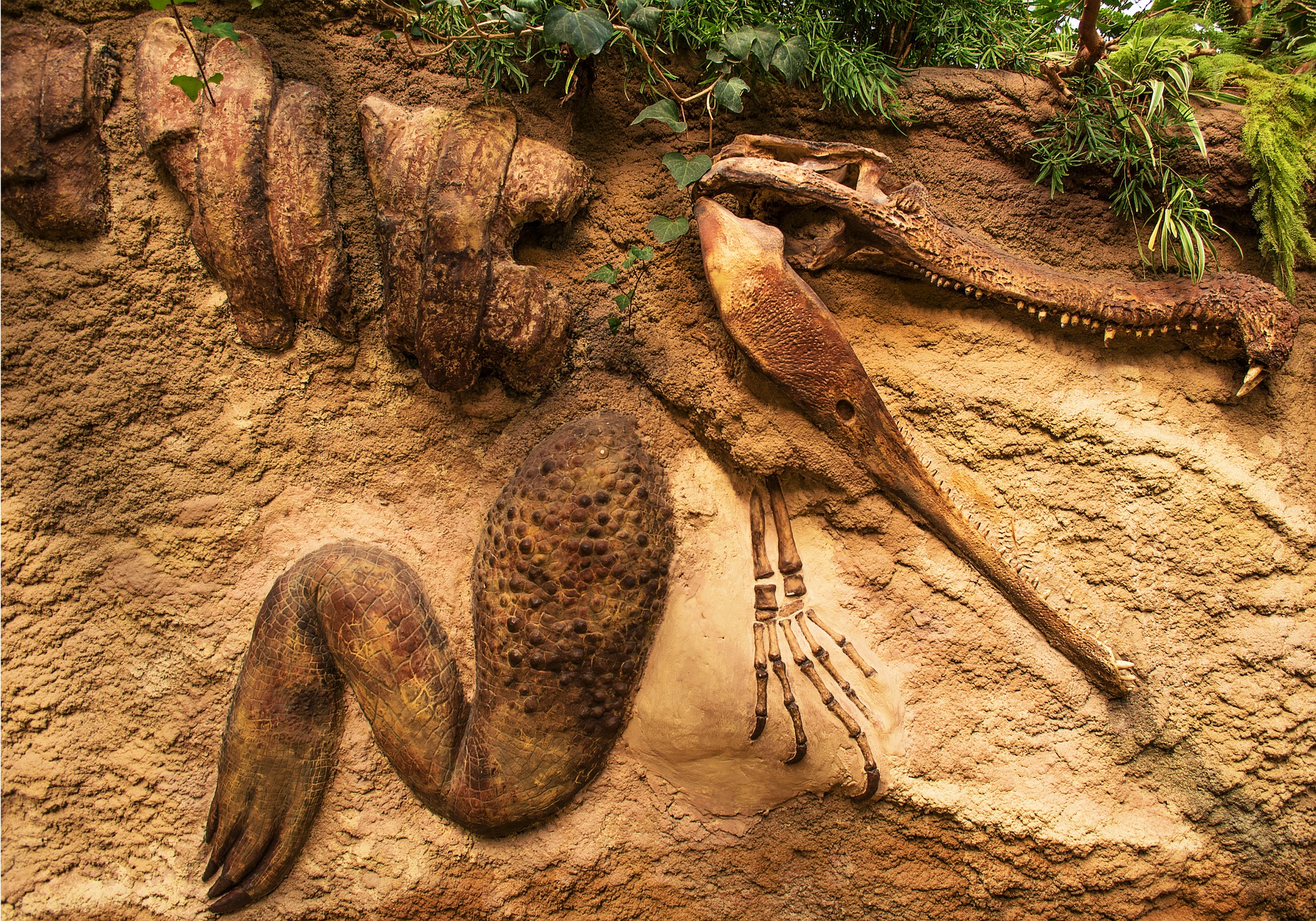Paleontology

Paleontology
Paleontology is the study of the history of life on Siliren. Those with the Paleontology skill are able to preserve uncovered fossils, predict where fossils may be in the earth based on the history of the area, and even have archeological skills such as restoring and studying humanoid artifacts and learning about ancient civilizations through their remains.
Skill Levels
Apprentice 1-25
An apprentice Paleontologist is learning the basics of paleontology, such as how to uncover simple specimens in soft terrain or how to identify basic finds from one another such as fossils, petrified wood, or simple stones. Paleontologists at this level have a very basic understanding of where fossils may potentially be, either due to having found their own fossil and knowing that location, or knowing generally where ancient animals may have died, like in tar pits.
An apprentice may struggle however to identify new potential locations or struggle to find their own fossils without the help of someone more experienced and would likely need help uncovering it if the fossil is too large, has complex structures, or is extremely delicate due to exposure or age. Paleontologists at this stage also are not likely to know enough about the field to be able to accurately understand certain aspects of the fossil, such as its specific age, the era it lived in, or how to properly restore a fossil if it had been damaged or is missing pieces.
Journeyman 26-50
Journeymen paleontologists are getting the hang of the basics and are better able to identify and uncover specimens. They likely can uncover fossils in harder terrain without damaging the fossil if they take their time and can more accurately identify fossils from other items of interest. They have a bit more study under their belt and can now begin to make predictions on where fossils may be based on more subtle clues, not just where fossils have previously been found or where fossils are the most likely to be.
Journeyman can also start uncovering more complex digs by themselves but would still require assistance for large excavations or for delicate ones. They still are unable to restore fossils that have been damaged and still cannot fully contextualize the fossil and thus would need to bring the fossil to an expert if they wanted to learn of its age or other specifics.
Expert 51-75
Expert paleontologists can now fairly easily uncover specimens without damaging or contaminating them, keeping them fairly close to their original form as possible. Experts can fairly accurately predict where fossils may lie based on a few factors and thus can potentially work without the assistance of other finds to locate items and places of interest.
Due to their skill in excavating, experts can work on advanced excavations alongside others and can start doing basic restorations on damaged and fragile fossils after they have been uncovered. Their knowledge of fossils and their time periods also allow them to begin predicting the age and era of the fossil, but only with a decent chunk of time dedicated to studying it alongside peers.
Master 76-100
Master paleontologists can work on excavations solo if they so choose, having the skill and knowledge to do so, but are usually always willing to include others to help, especially on large excavations to at the very least reduce the time it takes to complete the project. Masters can extract fossils with such precision that very little restoration is needed afterwards, and what little restoration is required the master can fulfill with ease. Masters are also very knowledgeable about the formation of fossils and can accurately predict potential sites of interest based on simple matters, such as subtle geography, the age of the terrein and the type it is, and other factors. Master paleontologists are so skilled in their work that they are the go tos for identifying fossils for their age and type, able to predict very accurately the time period the fossils have come from.
0 Comments